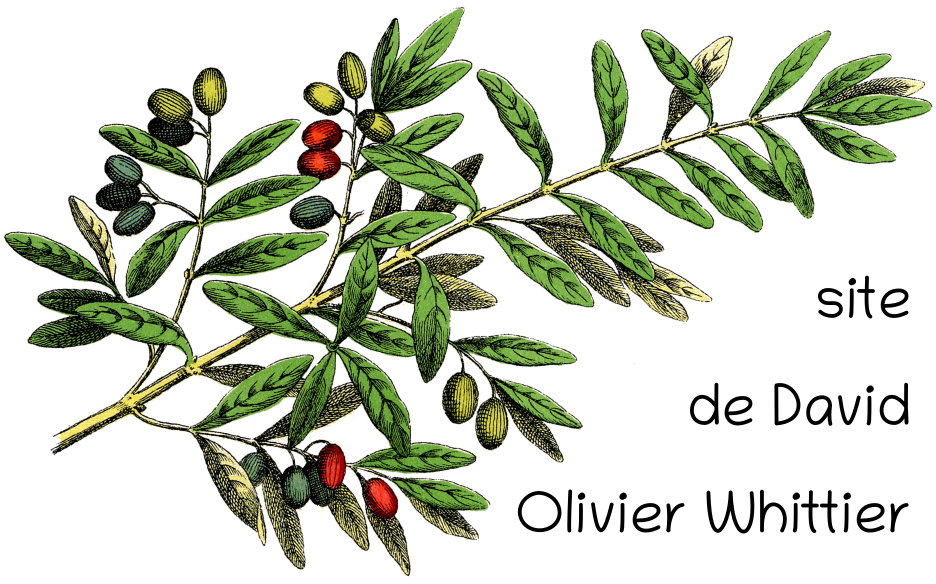This text was initially published as an article in my blog, in March 2019 (in French).
Abstract: Darwinian evolutionary processes lead to an “adaptation” of the organism to its environment, but not of the environment to the organism. Thus even maximal adaptation does not mean harmony. In particular, there is no reason to believe that the natural environment of an organism is the best for it.
For a critical assessment of the expression «natural selection», see “Nature does not choose”.
Through the mechanism commonly termed "natural selection", organisms tend to adapt to their environment. This adaptation can be described as an optimization process, that would ideally lead the organism to be perfectly – optimally – adapted to its environment.
Adaptation, or optimization, evokes perfection, harmony and bliss. Harmony between two partners is necessarily mutual. Thus it is easy to forget that adaptation is asymmetrical: the organism adapts to the environment, not the other way around. The organism's genome, and hence phenotype, is (ideally) the best possible for a given environment; this environment is usually not the best possible for the organism, however well it has adapted to it.
As an example, the following assertion will be familiar to anyone who has witnessed a debate about vegan food for cats: “A cat should be fed meat since that is what she is adapted to.” The phrase is a non-sequitur. Given a certain environment, in which, for instance, cooked, low-fibre plant matter was unavailable, the cat's genome and physiology evolved until it was the best possible for the cat to thrive in that environment. It doesn't follow that the environment became the best possible for the cat's physiology.
Another example will be even clearer. In an environment populated with predators – let's say foxes – hares evolved long and strong hind limbs that increased their chances of escape. This adaptation involved a trade-off, as is typically the case: between the resources invested in the limbs and the risk of being caught by a fox. Larger hind limbs would mean better chances of survival and better chances of producing offspring, but also less resources left to produce and rear the offspring. A perfectly adapted hare will have a hind limb size that maximizes the expected value of the number of offspring, given the number of foxes in the environment. That obviously doesn't mean that for that perfectly optimized hare, the best environment is the one that has that number of foxes. Indeed, that hare, despite being maximally adapted to an environment with a certain density of foxes, would fare better in an environment with zero foxes.
It can be the case, however, that the adaptation of an organism to an environment leaves it unable to fare in certain other environments that it originally did well in. For instance, we are told, when we take a cactus as a houseplant, not to water it too much because it is adapted to a dry environment. We have seen that this reasoning is faulty; but perhaps the conclusion is right, that is, cacti do not thrive in a wet environment. I do not know why this is true; but I can imagine, to make my point, that cacti have lost their defences against parasites such as moulds because these are rare in dry environments. More water may be better for the cactus, except that moulds will attack it. The result is that not only is the cactus adapted to a dry environment, but also the environment is "adapted" – optimal – for the cactus.
This is true, though, only in a limited sense: when one considers only a limited set of possible environments. In another environment, in which more water is present but from which moulds have been banished – chemically or otherwise – the cactus may thrive even better than in its "natural", dry, environment.
In the case of cats and their diet, one may well hold that meat is the best food for cats, among the kinds of foods that are available in a cat's natural or traditional environment. But artificial well designed vegan formulas can be even better.
Harmony, I noted, is mutual, and adaptation is not mutual. It is important to avoid the fallacy of reverse adaptation and remember that Darwinian adaptation is always of the organism to the environment. It is not a process towards harmony.
